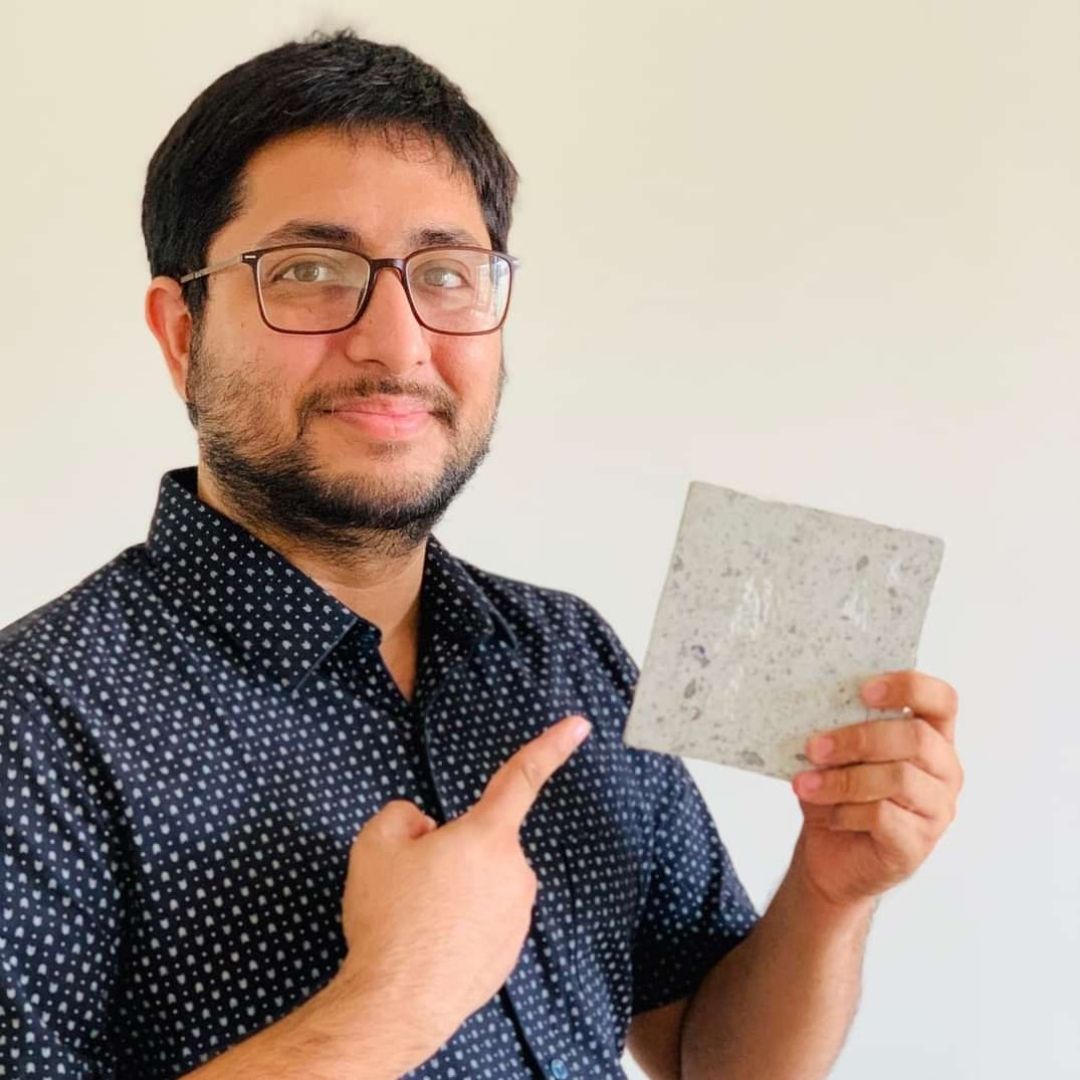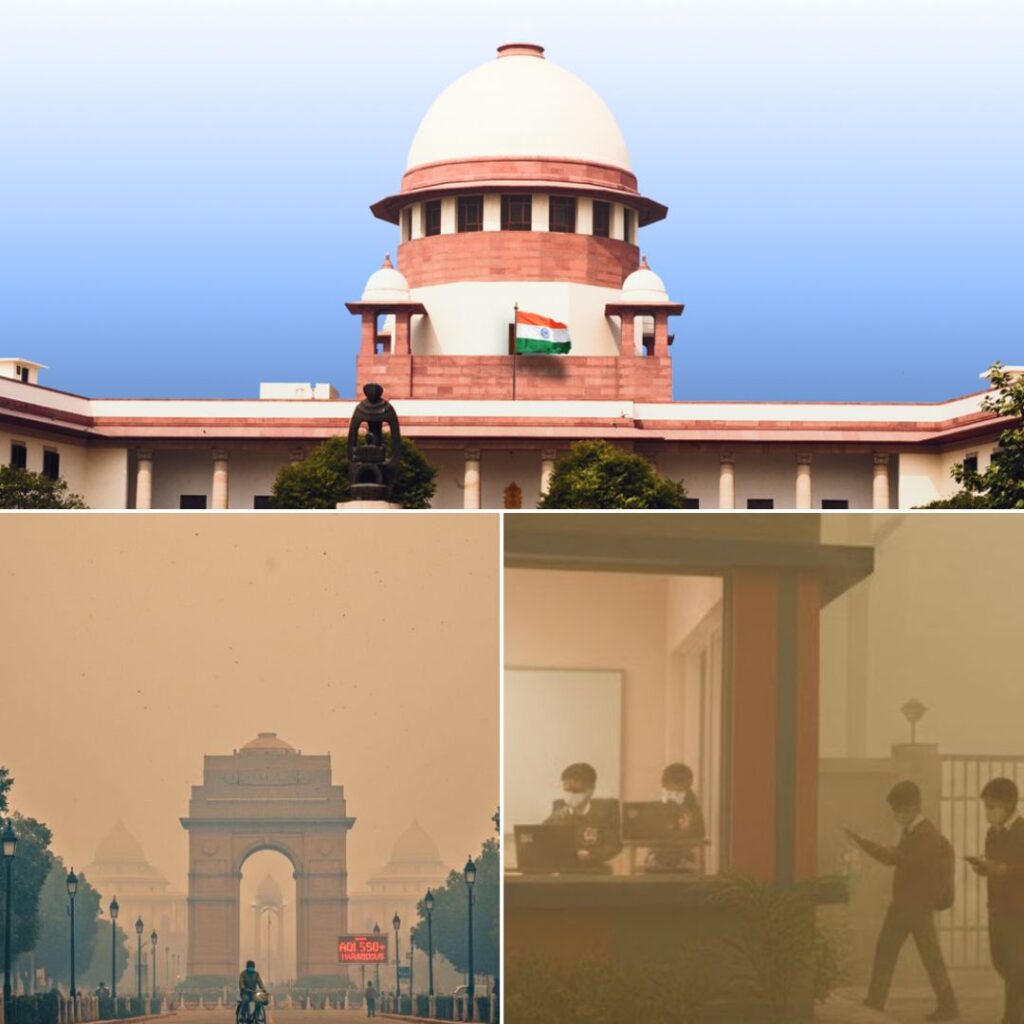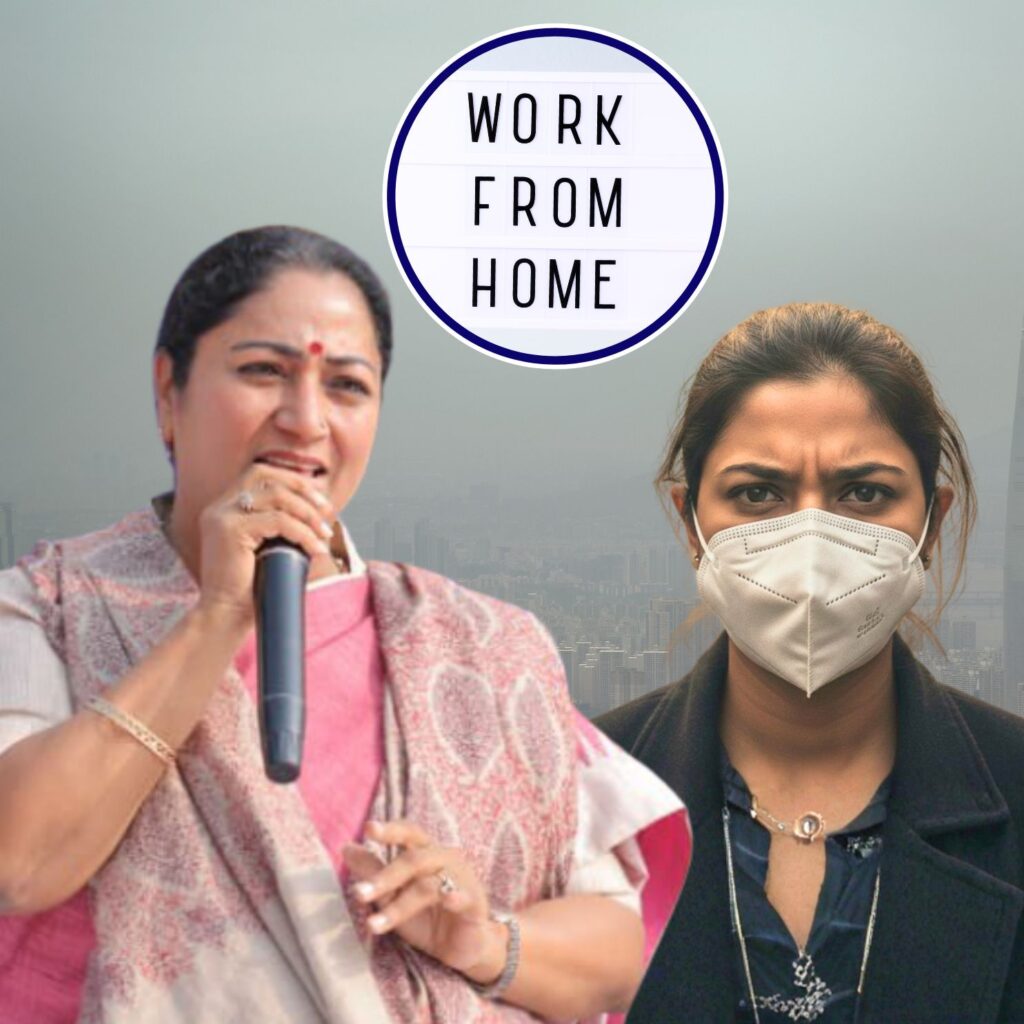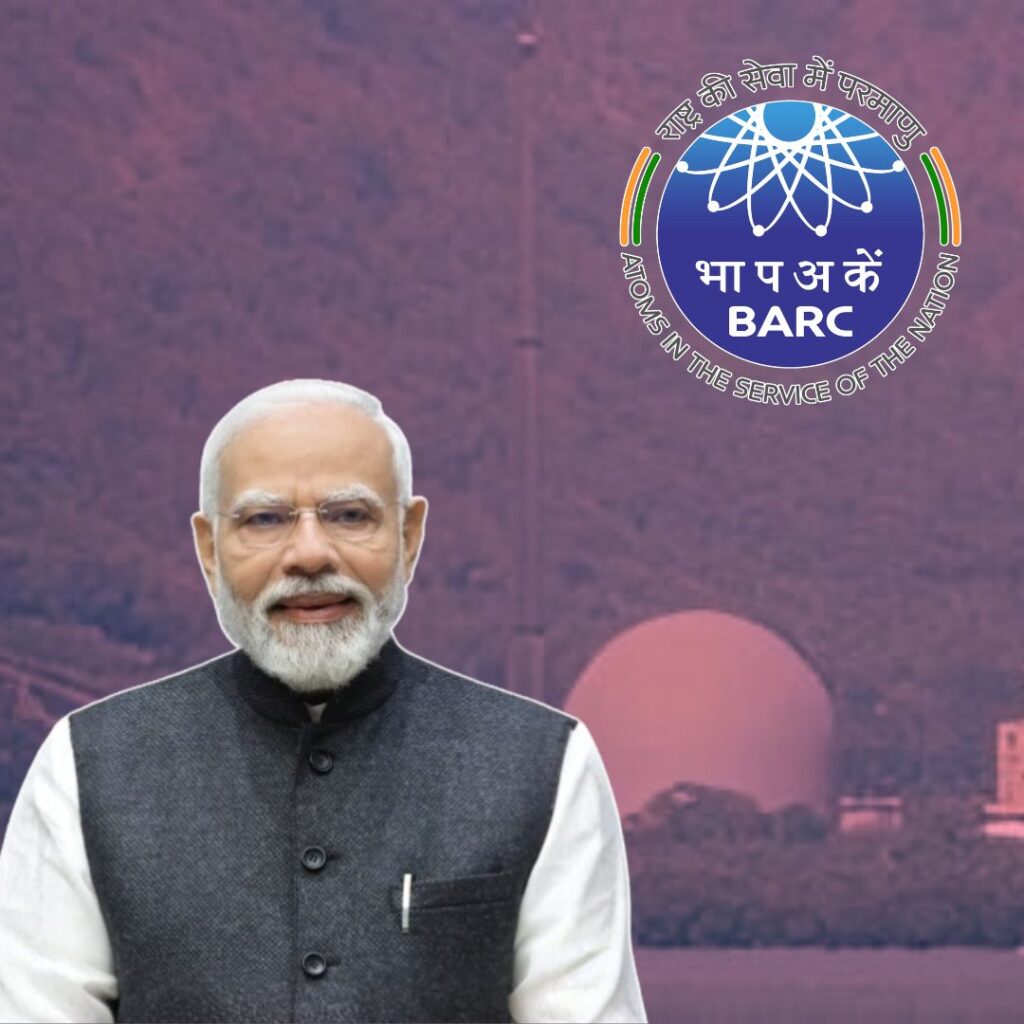I am a 27-year-old innovator and sustainability champion who hails from the small district of Valsad in Gujarat. I am also a second-generation ‘Rotarian’, as my parents have also been part of this international service organisation. In the face of a pandemic, various Rotary members and participants are innovating, caring for those affected, and showing that there are ways to help even at a distance. As People of Action, Rotarians across different parts of India have decided to come together to support those in need. I am also one among them.
I am inspired by the Rotary’s motto of “Service Above Self”, and started my Rotary International journey as a Youth Exchange student. Today, I am a Rotarian and CEO of Eco Eclectic Technologies, which transforms industrial waste into valuable items that people can use in their everyday lives. Over the years, I cultivated my dream of giving back to my community via innovative, sustainable solutions. I am also a Padma Shri nominee and have received many national and international awards for my contributions. I have also been one of Forbes Asia’s 30 under 30 Social Entrepreneurs.
In the wake of the ongoing COVID-19 public health crisis, I made low-cost, affordable, multi-purpose portable isolation facility. These wards are made of lightweight panels which are more potent than conventional material and have high insulation properties. Believing that ‘nothing is useless in this world’, I earned the title, ‘The Recycle Man’ as I turned industrial waste into new assets. The innovative product portfolio includes P-Block bricks, lamps and chandeliers, artificial wood etc., all made of different kinds of industrial wastes.
Eco-Friendly Bricks
I started making eco-friendly bricks at the age of 16. Realising that coronavirus medical waste has become a new source of pollution as PPEs and masks also flood our oceans, I am now creating Brick 2.0 out of PPE kits and masks made from non-woven fabric to help decrease the burden on the environment. After following proper sanitation protocols, the material is shredded, added to industrial paper waste procured from paper mills, and then mixed with a binder. The mix is kept for 5-6 hours before being set in moulds. The bricks are naturally dried for three days and the product is then ready for use.
To collect the waste, we have launched a subscription program for private and corporates to get these boxes. We are also open to collaborations with other countries.
Lack Of Awareness
The biggest concern right now is that people do not take waste seriously. When we understand waste as a whole, we see that it is not present in nature, it is humans who have created it. So, our team relocates the trash from one place to another, trying to find a solution. But when we fail to do so, we discard the waste into landfills. But eventually, the vicious cycle still continues.
My latest initiative has been towards making events that are eco-friendly and sustainable. For example, I did a carbon-negative wedding recently and introduced a new system where we were not just analysing the amount of waste generated, but the carbon emission that the entire wedding created and working towards reducing it and off-setting it. That was the idea I took forward and now I plan to take it to various events.
If you too have an inspiring story to tell the world, send us your story at mystory@thelogicalindian.com












